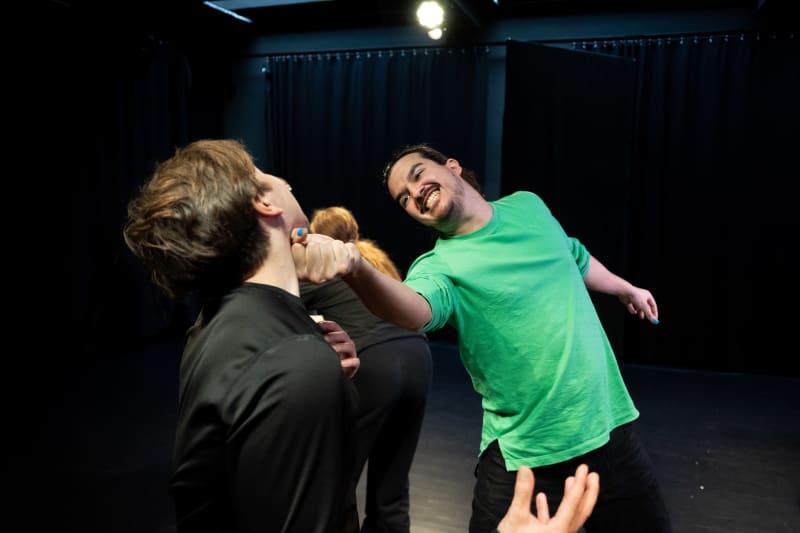Minority actors and actresses reported difficulties in entering the profession and working as actors and actresses. Racism and discrimination are still not recognised and addressed.
When you go to see a performance at the Tampere University Theatre Monument, you can look at the photographs of Näty graduates from the Theatre Studies degree programme while you wait. There are many familiar actors in the photos, but not many non-white ones.
– It’s not automation. Yes, diversity and equality must be taken into account in selection tests. Not only skin colour, but also cultural background, social class or even previous places of residence or study. This is where we have a big job to do, and it is something we need to talk about all the time.
There are currently 24 young people studying in Näty, some of whom belong to a racialised minority.
There is still mistreatment
The survey published by the Actors’ Union in September shows that there is a lot of work to be done to promote equality in the actors’ workplace as well. According to the report, there is discrimination and racism in the industry that is not recognized and not addressed.
Minority actors also talked about their difficulties applying to the industry and working as an actor.
The survey response rate was low, but one case of discrimination is too many. Yle asked acting students about their experiences on the matter.
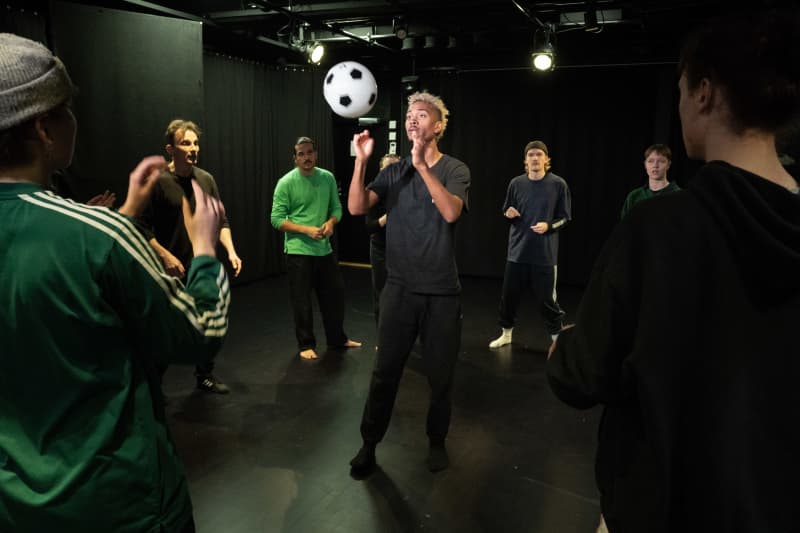
– The fact that this has happened before in the theater and in the AV industry is not surprising. But the fact that the same issues are still so strongly on the surface is quite worrying for your own future as well.
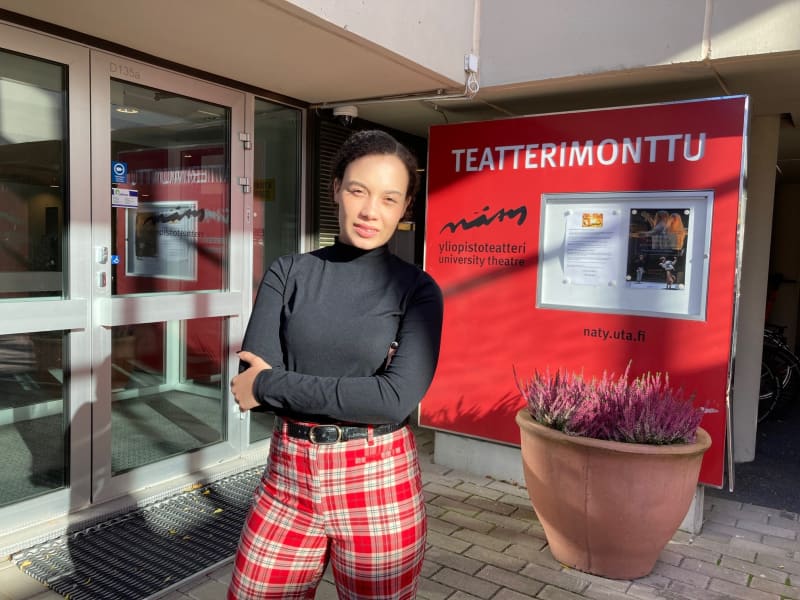
So far, Vodzogbe has worked mainly in the av field, for example in the hospital series *Syke*. He says that he mostly encountered exoticization, which is based on the fact that people do not have the right information.
– I don’t have much experience in theater. There is a little concern about how I would be received there and how my ethnicity might affect it. However, I don’t think that would stop me from taking jobs in the theater if they were offered.
Few minority stories are told
– I have never experienced racism in theater work. However, I have heard many stories that yes it is.
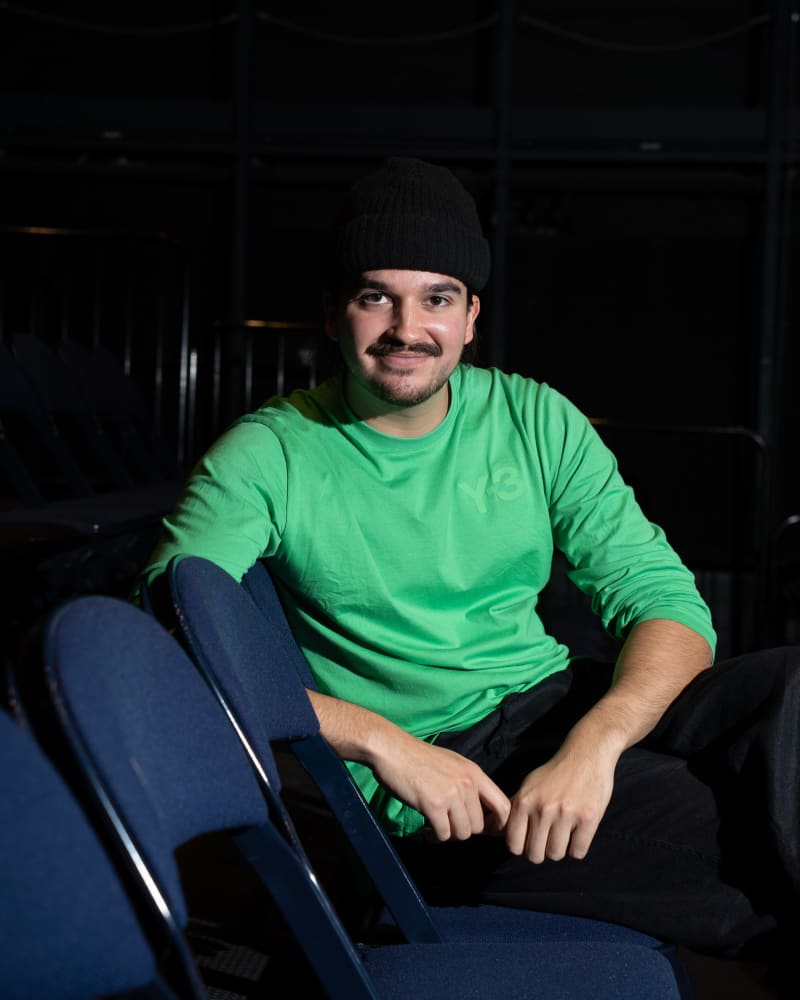
In the actors’ union’s survey, it was pointed out that ethnicities and minority stories are not talked about and that they are not included in the program. Rahman too has noticed the same.
– When I’m still so mixed, i.e. half-Finnish, I especially miss those stories. It seems that there are hardly any of them and I would like to be making them myself.
I don’t necessarily see Rahman himself on the stage of Laitosteatter, mainly for artistic reasons. There is still more in the background.
– When you look at how homogeneous the cast is in them, you get the feeling that I belong there.
A big audience brings a big responsibility

Ikhilor says that he is not at all surprised by the issues raised in the actors’ union survey.
– It’s a bit of a pity. On the other hand, a lot of development has taken place, but some people seem to be lagging behind.
Ikhilor has noticed that there are currently a lot of productions that want to use Actors with different looks than what Finns are used to before.
– Of course, that also raises questions. Is that the right way? Especially if the managers and directors are only people whose family roots are completely in Finland.
In Ikhilori’s opinion, institutional theaters have a big responsibility due to their audience numbers.
– If a role is misrepresented in the play, ten thousand people can see it. After that, they might think, ok, so these people are like this.
You have to dare to talk about things
According to the actors’ union, the survey shows that there is a need for significantly more information, discussion and a general change of attitudes in the field, as well as clear instructions and ways to deal with problems.
Sulo Rahman also thinks that an open discussion is needed, but maintaining it cannot be the responsibility of only those who belong to the minority.
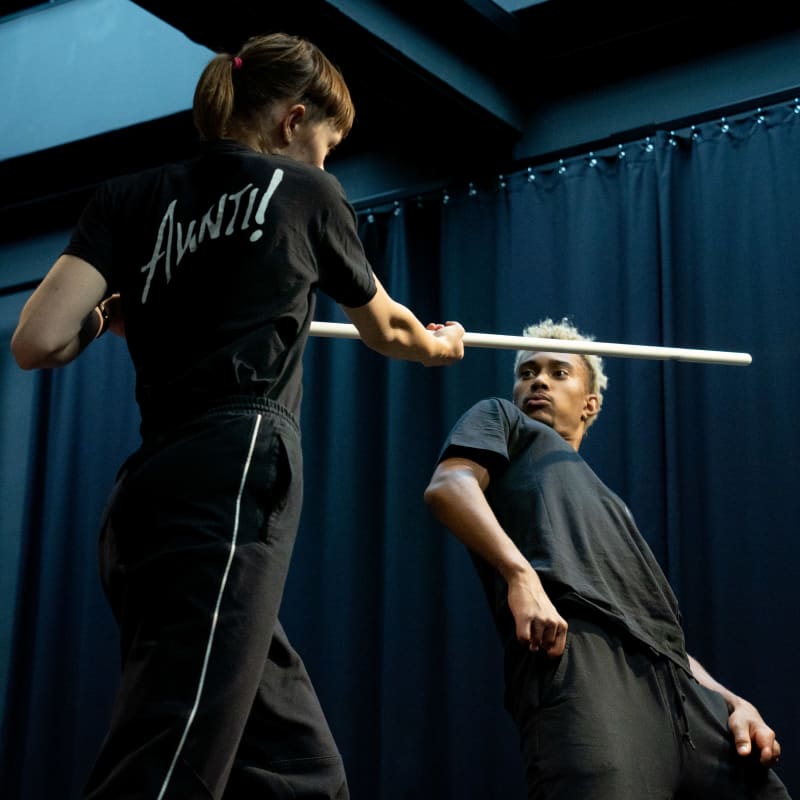
Senna Vodzogbe agrees. He hopes to be able to talk about things without thinking that the person bringing up the problems is a difficult person.
– I understand that, especially in the bigger theater houses, there are many people who have worked there for a long time. Now things have started to change and of course it can be awkward and uncomfortable. Maybe change always has to be a little uncomfortable for everyone.
*What kind of thoughts does the story evoke? You can discuss the topic until Thursday at 11 pm.*

